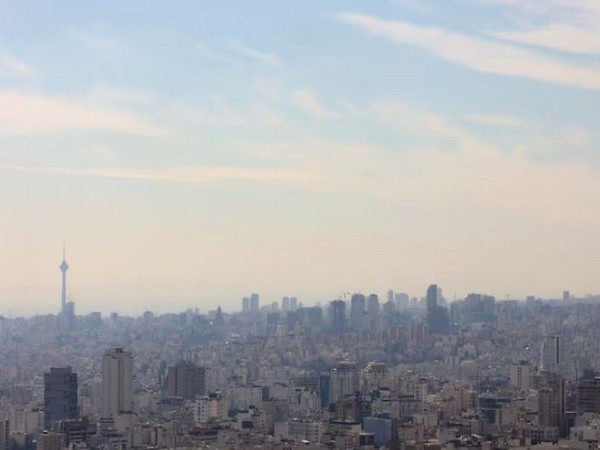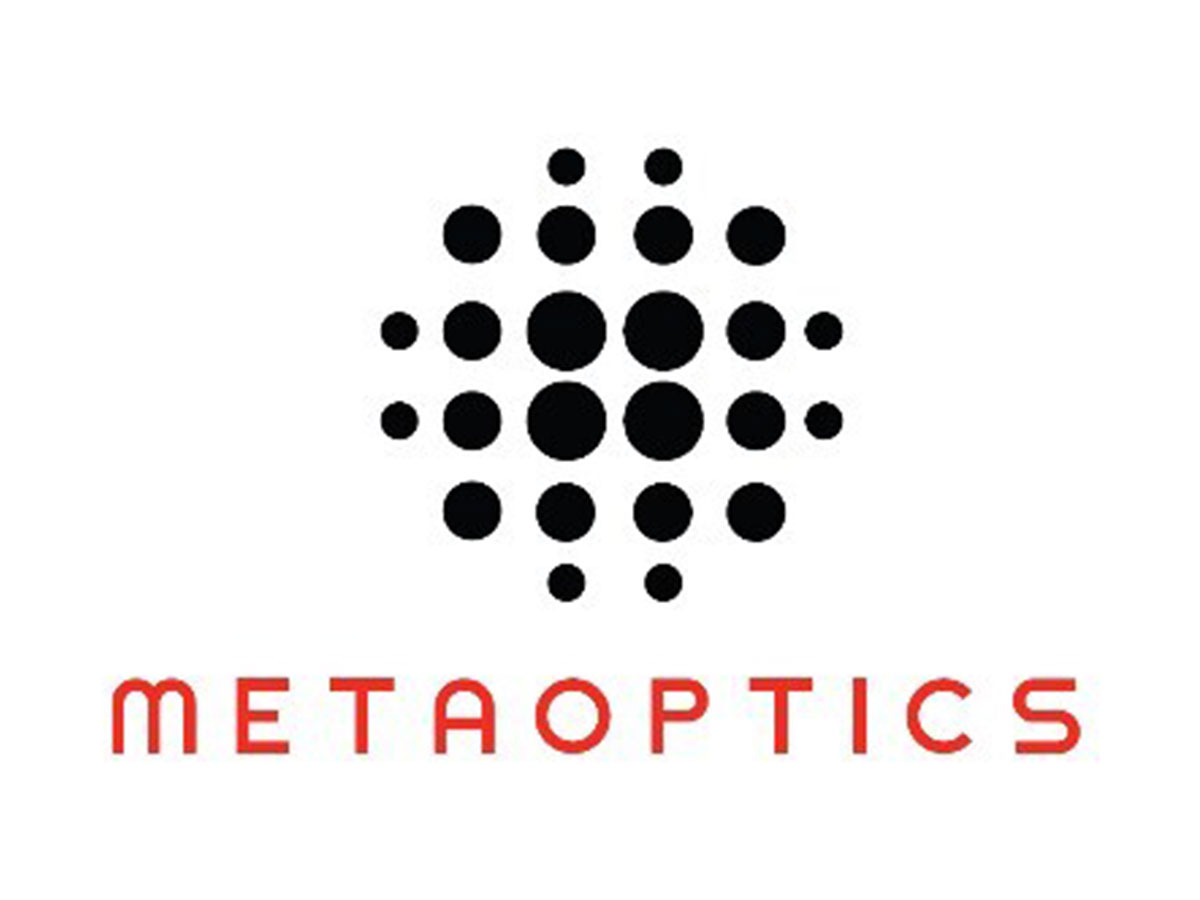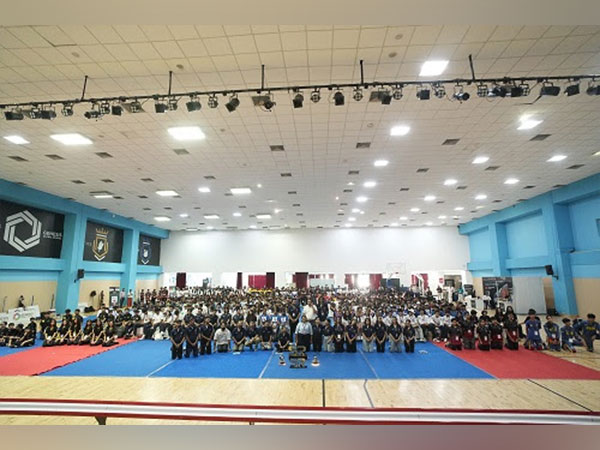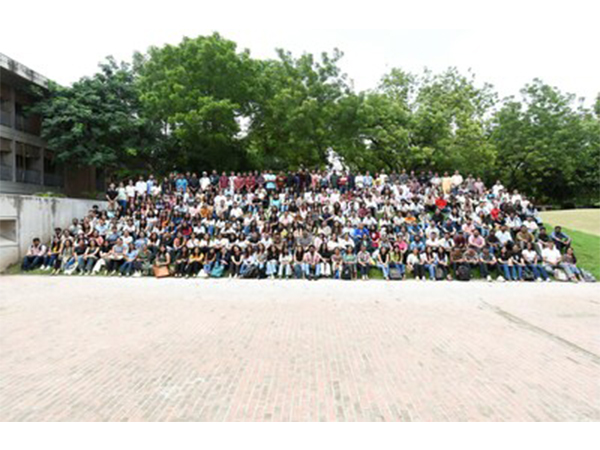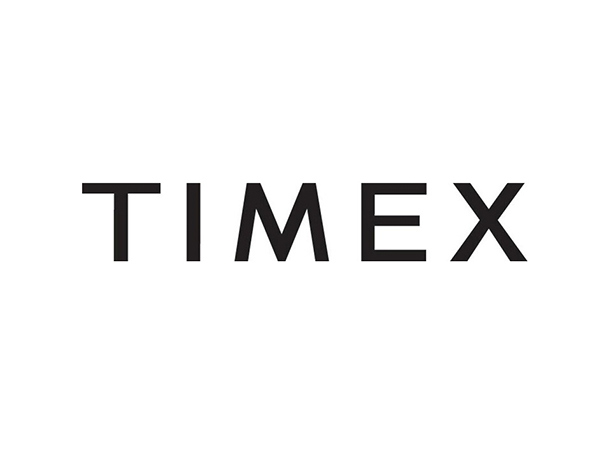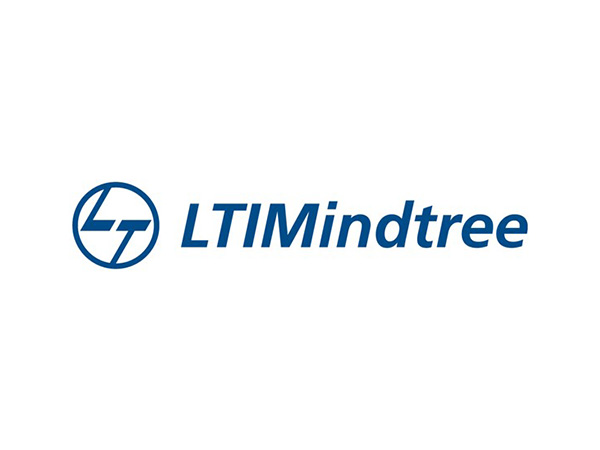Israel claims to have targeted Iran's nuclear brain, there have been deaths
Jun 13, 2025
Tel Aviv [Israel], June 13: Israeli Prime Minister Benjamin Netanyahu addressed the nation on June 13, declaring that the Israel Defense Forces (IDF) had targeted Iran's top nuclear scientists.
Israeli Prime Minister Benjamin Netanyahu stressed that Iran's main uranium enrichment facility at Natanz had been targeted. "This operation will continue for as many days as necessary... We are at a decisive moment in the history of Israel," Netanyahu said.
On the same day, the Israeli military said it had completed the first phase of the attack, including raids on military and nuclear targets in various areas of Iran.
"The IDF has conducted a lengthy assessment and preparation process for the operation on the front lines and in the rear. Civilian resilience will be a key component of the operation," the Israeli military said in a statement , according to The Guardian .
"Weapons of mass destruction in the hands of Iran are a threat to Israel and a significant threat to the entire world. Israel will not allow a country whose goal is to destroy Israel to possess weapons of mass destruction," the IDF said in a statement.
Israel said its airstrikes may have killed several senior Iranian officials, including Chief of General Staff Mohammad Hossein Bagheri and several senior nuclear scientists, according to The Guardian. This information has not been confirmed by Iran. Later, Reuters, citing information from Iranian state media, confirmed that the commander of Iran's Islamic Revolutionary Guard Corps Hossein Salami was killed in the Israeli airstrike.
Iranian state television reported that children were among those killed in an Israeli strike on a residential area in Tehran.
A senior Iranian official said the country's leadership was holding a high-level security meeting following the Israeli attack. Earlier, an Iranian official told The New York Times on June 12 that Tehran had a response plan in place if Israel attacked its nuclear facilities. The unnamed official added that the response plan included an immediate counterattack on a scale similar to the attack Tehran launched in October 2024, in which it launched nearly 200 ballistic missiles at Israel.
There was no immediate response from Iran.
Meanwhile, US Secretary of State Marco Rubio said on June 13 that Israel's attacks on Iran were unilateral and the US did not participate. In a statement, Mr. Rubio said: "Israel has taken unilateral action against Iran. We do not participate in attacks against Iran and our top priority is to protect US forces in the region."
"Israel has informed us that they believe this action is necessary in self-defense. President Donald Trump and his administration have taken all necessary steps to protect US forces and remain in close contact with regional partners," Rubio said, according to Reuters. The US diplomat also warned Iran not to target US interests or personnel.
Australian Foreign Minister Penny Wong said on June 13 that she was very concerned about the escalation of tensions between Israel and Iran, after Tel Aviv announced it had attacked dozens of targets inside Tehran.
"This risks further destabilising an already unstable region," the Australian diplomat said. Ms Wong added that Australians in the region should follow Australian government travel advice for the Middle East.
Source: Thanh Nien Newspaper
